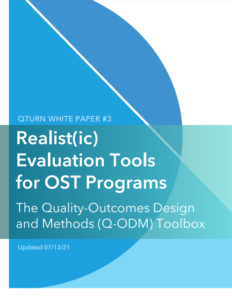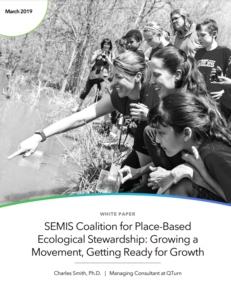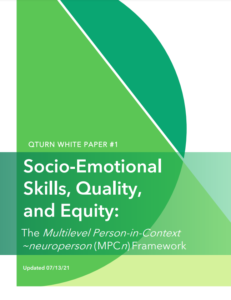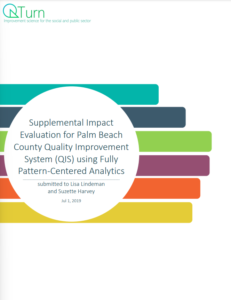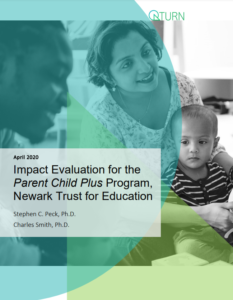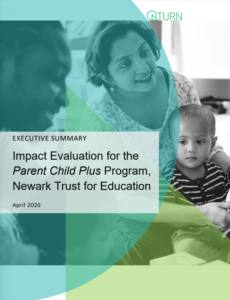Page 5 of 5
Realist(ic) Evaluation Tools for OST Programs: The Quality-Outcomes Design and Methods Toolbox
The Quality-Outcomes Design and Methods (Q-ODM) toolbox holds an integrated set of tools to measure and model children’s SEL skills, including how they change during, and in response to, OST programs (e.g., afterschool, school-age child care, workforce and career preparation, arts, sports).
May 16, 2024
Place-Based Ecological Stewardship
This white paper was developed to (1) describe how SEMIS promotes social and emotional learning, (2) iterate content and language with SEMIS stakeholders, (3) and to make a compelling and scientifically grounded case for expansion of the work.
Tags: ecological stewardship, ecology, SEL, SEMIS, STEM
Socio-Emotional Skills, Quality, and Equity: The Multilevel Person-in-Context ~neuroperson (MPCn) Framework
We introduce a theoretical framework designed to describe the integrated set of mental and behavioral parts and processes (i.e., schemas, beliefs, and awareness) that are socio-emotional skills and that produce both basic and advanced forms of agency. With improved definitions and understanding of SEL skills, and the causes of SEL skill growth, we hope to improve reasoning about programs and policies for socio-emotional supports in any setting where children spend time.
Tags: assessment, beliefs, continuous quality improvement, Framework, measurement, schemas, SEL
Impact Evaluation for the Palm Beach County Quality Improvement System
We sought to answer two specific questions about implementation and children’s SEL skill growth: What is the impact of QIS exposure on program quality (i.e., best practices, low staff turnover, great content), particularly for programs that have lower program quality at baseline? What is the impact of exposure to high program quality on student SEL skills?
Tags: agile analytics, high quality, pattern-centered analysis, quality improvement, youth outcomes
Impact Evaluation for the Parent Child Plus Program
The Quality-Impact-Equity Design and Methods (QDM) Toolbox was used to: (a) reconfigure existing measures for Parenting Practice Quality and Child SEL Skill to maximize reliability and validity for measuring socio-emotional skills and learning (SEL); (b) produce holistic profiles of parent and child skill at each timepoint; and (c) apply pattern-centered analytics to estimate impact and equity effects of the PC+
program as implemented in Newark.
Tags: agile analytics, Q-ODM Toolbox, SEL, youth outcomes
Impact Evaluation for the Parent Child Plus Program
This Executive Summary was developed to facilitate discussion and decision making. The detailed findings and method are available in the full report, Impact Evaluation for the Parent Child Plus Program, Newark Trust for Education (2020).
